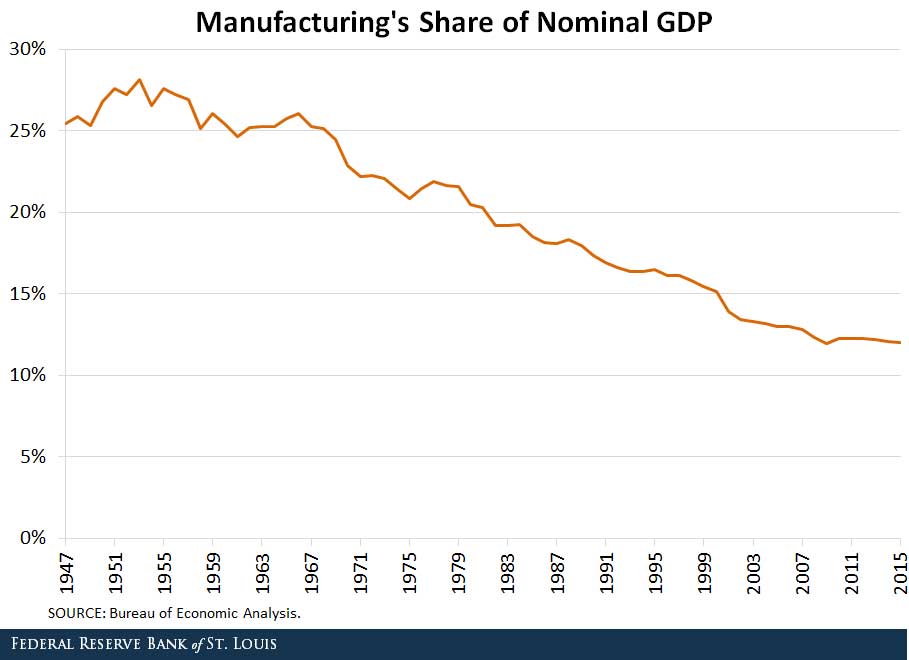Two Perspectives on Unemployment Statistics
A key test in understanding economics is being able to interpret data. If you really want you can present data in a way which supports your argument. Therefore, always be careful about how you look at data. This is an example of how you could view employment statistics in the US. Total employment This graph …

